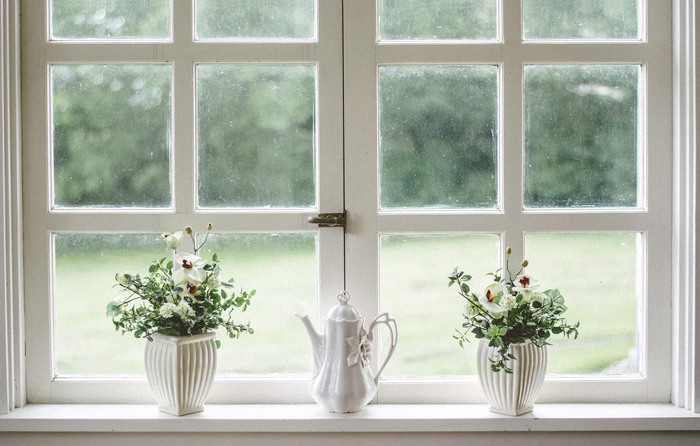Indoor air pollution is a growing concern, especially as we spend more time indoors at home, work, or school. Surprisingly, indoor air can be more polluted than the air outside. Understanding what causes this pollution and how to minimize it is essential for protecting your health and well-being.
Common Causes of Indoor Air Pollution
Indoor air pollution comes from a variety of sources, many of which are commonly found in homes. Combustion sources like gas stoves, fireplaces, and tobacco smoke release pollutants such as carbon monoxide and nitrogen dioxide.
Building materials and furnishings, such as pressed wood furniture and carpets, can emit volatile organic compounds (VOCs). Household cleaning products, air fresheners, and paints also release harmful chemicals into the air.
Additionally, mold, dust mites, and pet dander contribute to poor air quality, especially for those with allergies or respiratory conditions.
Even seemingly harmless activities—like cooking, burning candles, or using aerosol sprays—can introduce particles and chemicals into your indoor environment. Poor ventilation compounds the issue, as it prevents these pollutants from escaping and fresh air from entering.
How to Minimize Indoor Air Pollution
Reducing indoor pollution starts with awareness and a few proactive steps:
- Ventilation
- Non-toxic Products
- Control Moisture:
- No Smoking Indoors
- Regular Cleaning
Open windows regularly and use exhaust fans in kitchens and bathrooms to reduce moisture and allow fresh air circulation.
Choose cleaning products, paints, and furnishings labeled as low-VOC or non-toxic.
Use dehumidifiers and fix leaks promptly to prevent mold growth.
Designate your home as a smoke-free zone.
Vacuum frequently with a HEPA-filter vacuum and dust surfaces with damp cloths to reduce allergens and dust buildup.
Improving air quality with Whole-House HEPA Filter
A whole-house HEPA (High Efficiency Particulate Air) filter is typically installed in your HVAC (heating, ventilation, and air conditioning) system. Unlike portable air purifiers, it cleans the air across your entire living space by trapping very small particles as the air circulates through the system.
Improving Indoor Air Quality with IQAir
While lifestyle changes help, air purifiers offer an effective way to significantly improve indoor air quality. IQAir is a leading brand known for its high-performance air purification systems. Their HyperHEPA filtration technology captures ultra-fine particles down to 0.003 microns—smaller than most viruses and bacteria. IQAir systems are especially beneficial for people with asthma, allergies, or chemical sensitivities.
Using an IQAir purifier in your home provides peace of mind, knowing that your air is being continuously filtered of pollutants, allergens, and even harmful gases. Whether placed in a bedroom, office, or common area, IQAir enhances indoor environments and supports better breathing, better sleep, and better health.
By combining smart habits with quality technology, you can create a healthier, cleaner indoor space for yourself and your family.
